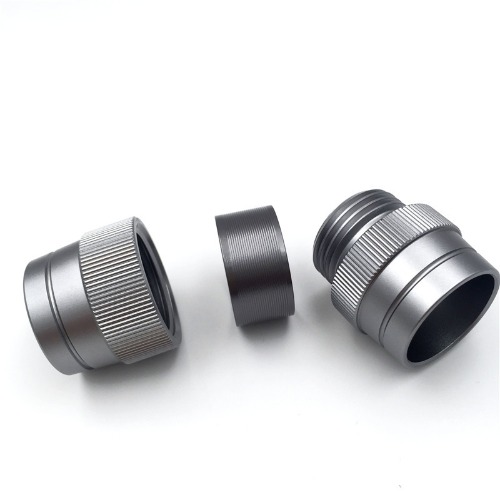
Stainless steel belongs to a range of steel types and is widely recognized for its robustness and longevity, even in challenging conditions like moisture and corrosion. Its exceptional characteristics make it highly sought-after in various industries and consumer goods.
This article outlines the advantages of incorporating stainless steel into your products, as well as the difficulties involved in working with it. Additionally, we will provide an overview of some top stainless steel alloys suitable for machining components.
Benefits of CNC Machined Stainless Steel
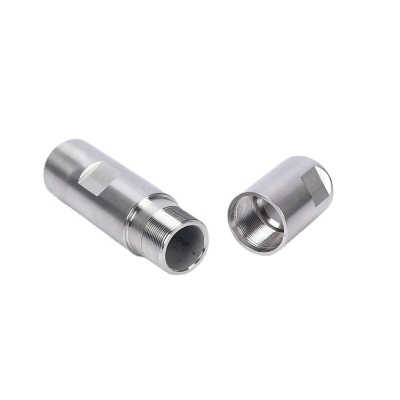
CNC machining is a precise and effective manufacturing method for a wide range of materials, including metals and non-metals. The popularity of stainless steels as a machining material mostly comes from their unique balance of properties.
Stainless steels are relatively hard, with a high mechanical strength that can be increased even further using heat treatments. To add to their impressive mechanical durability, stainless steel parts are very resistant to corrosion and chemical deterioration. They can even maintain their impressive properties at higher temperatures that cause many other materials to weaken or even melt.
Generally speaking, the primary alternatives for designers considering stainless steels are aluminum or titanium alloys. Depending on the alloys used and the conditions they experience, they can all offer impressive corrosion resistance.
The strength, hardness, machinability rating, and temperature resistance of stainless steel alloys lie somewhere between aluminum and titanium. Stainless steel however is also often cheaper than either aluminum or titanium alloys and has better weldability. But that doesn’t mean it doesn’t also present a few challenges.
Challenges of Machining Stainless Steel
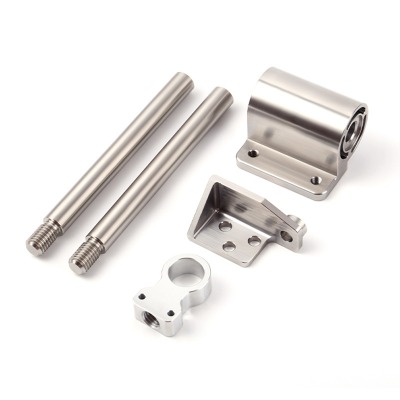
Although stainless steel offers numerous advantageous characteristics, there are certain difficulties associated with CNC machining this material. Specifically, the austenitic type of stainless steel can undergo work hardening during the machining process, resulting in increased tool wear and potentially affecting the final product quality if machinists lack expertise in working with stainless steel.
Furthermore, stainless steel exhibits lower thermal conductivity, causing heat to accumulate at the cutting area. Inadequate cooling and improper cutting parameters can lead to elevated temperatures that may cause sensitization, resulting in intergranular corrosion and stress corrosion cracking, depending on the application of the stainless steel part.
Nevertheless, skilled machinists equipped with appropriate tools and machinery can consistently produce superior parts when CNC machining stainless steel.
Using Stainless Steel for Machined Products
Stainless steel is a cost-effective material option for durable and robust products. To address machining challenges, it is recommended to consider alloys with improved machinability, such as SS 416. Despite the slight complexities, the advantages of stainless steel make it a valuable choice. Therefore, it is advisable to collaborate with a dependable CNC machine shop like Safekeso that can deliver superior stainless steel products at a reasonable price.













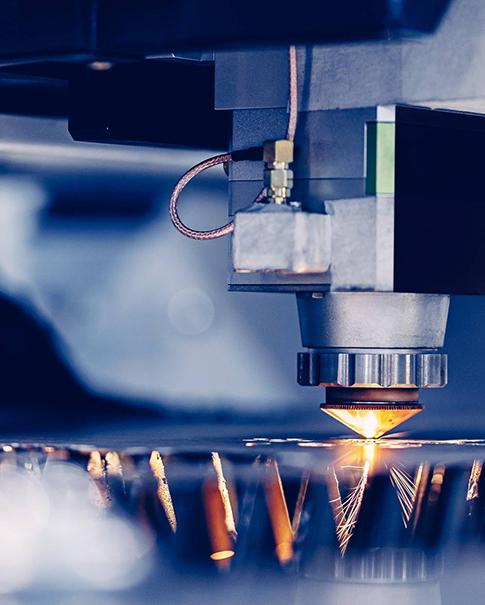
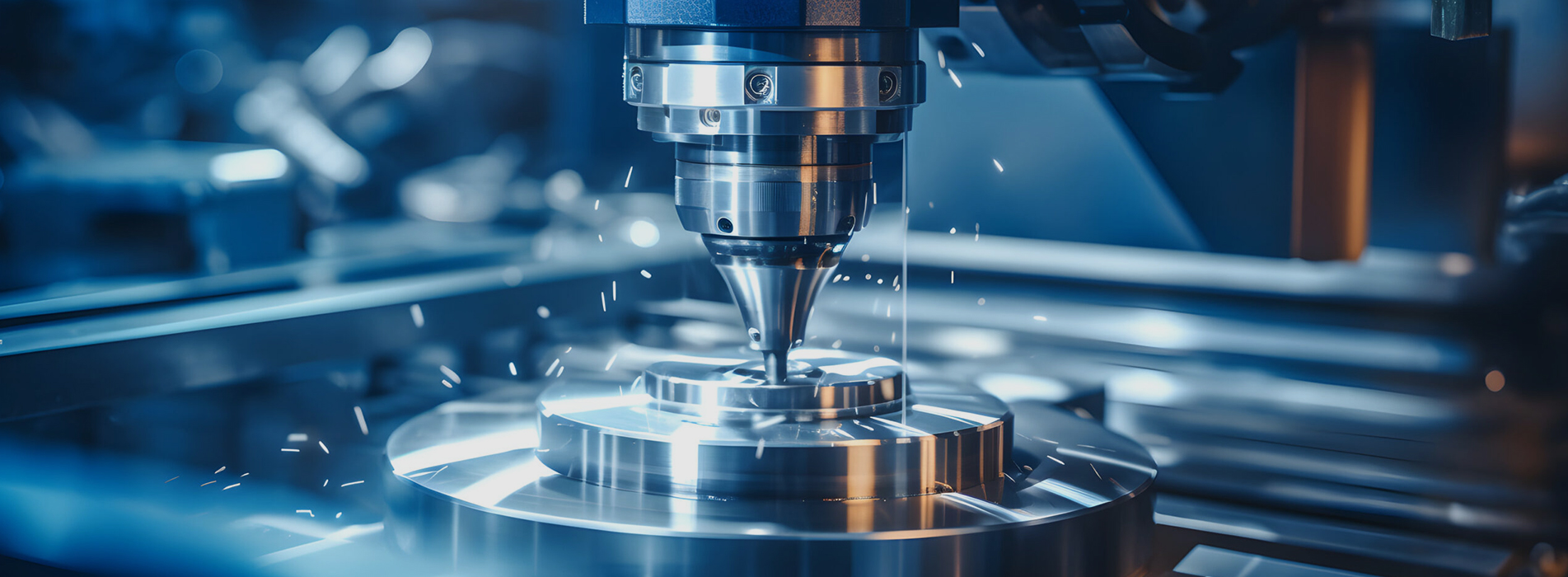



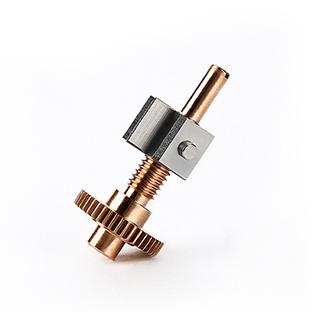
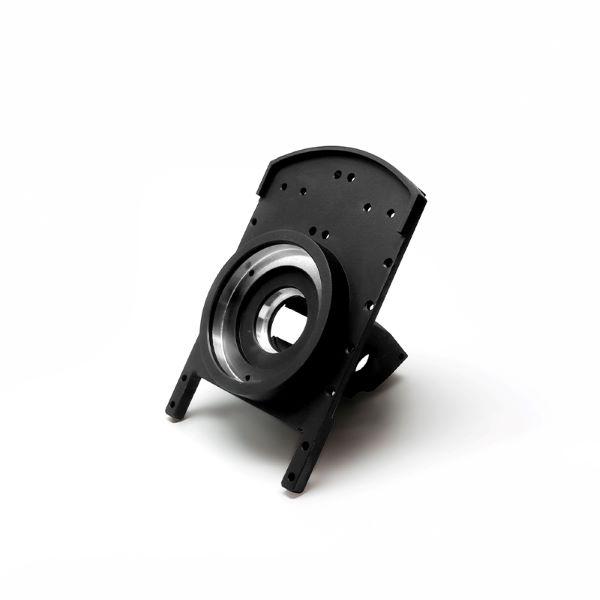
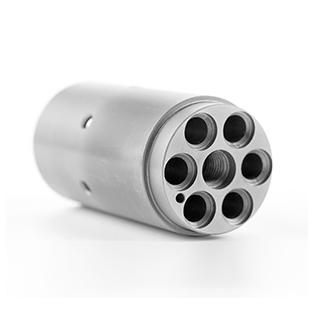
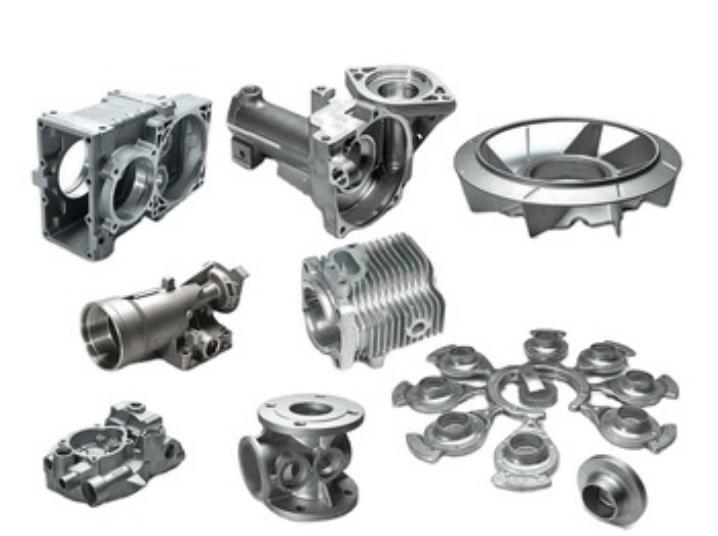
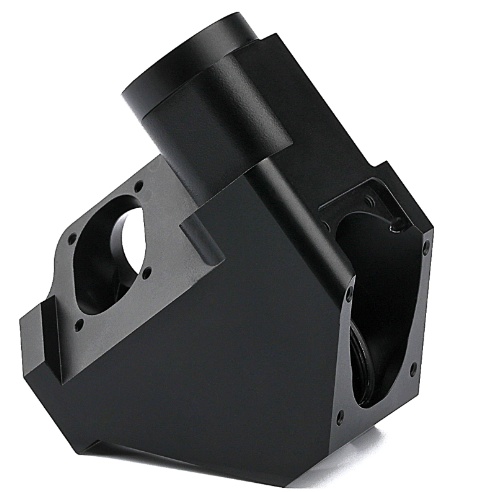
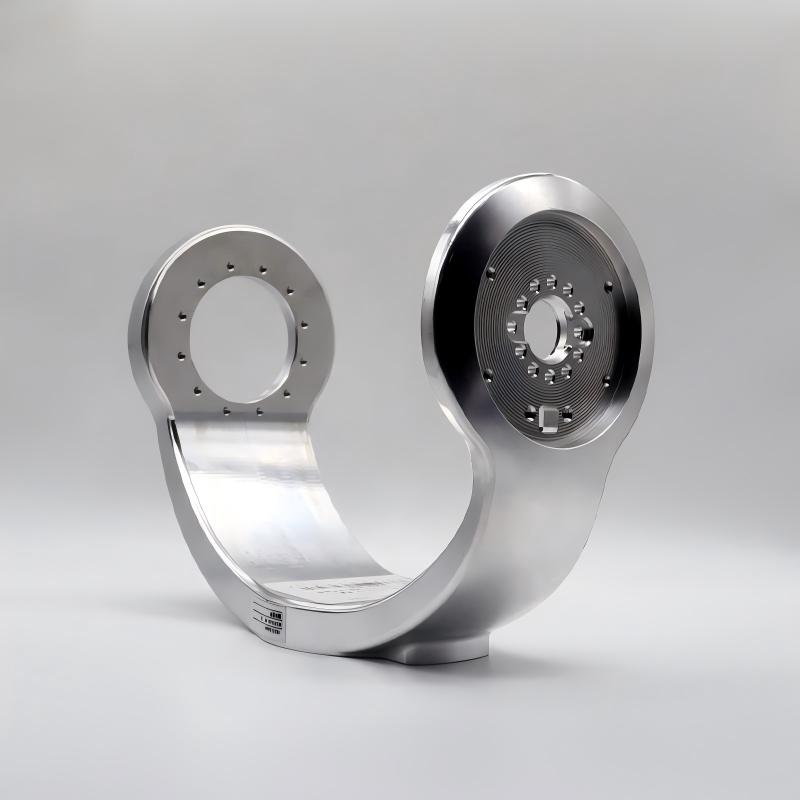
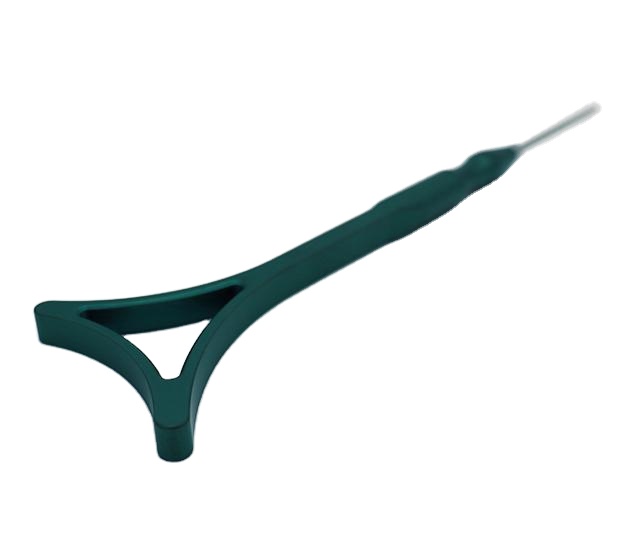
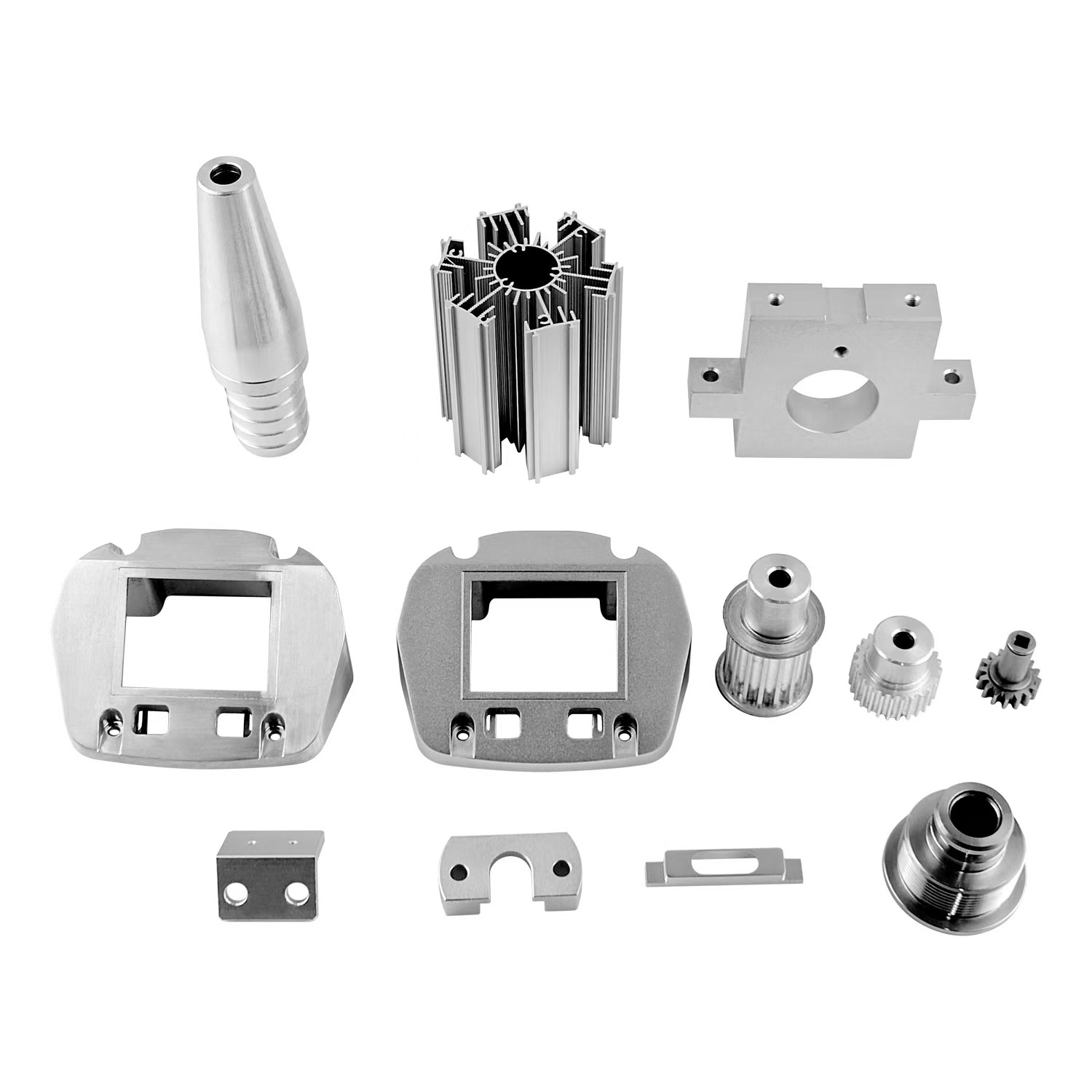
 SUBSCRIBE TO OUR NEWSLETTER
SUBSCRIBE TO OUR NEWSLETTER






